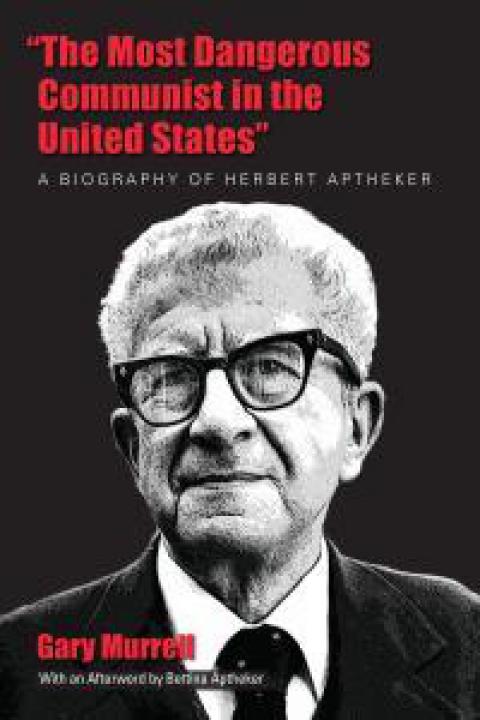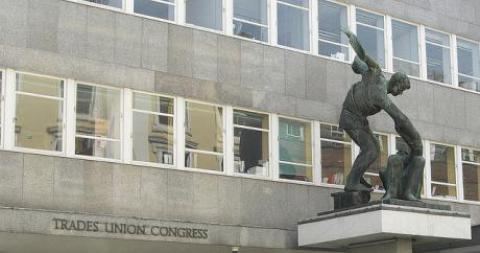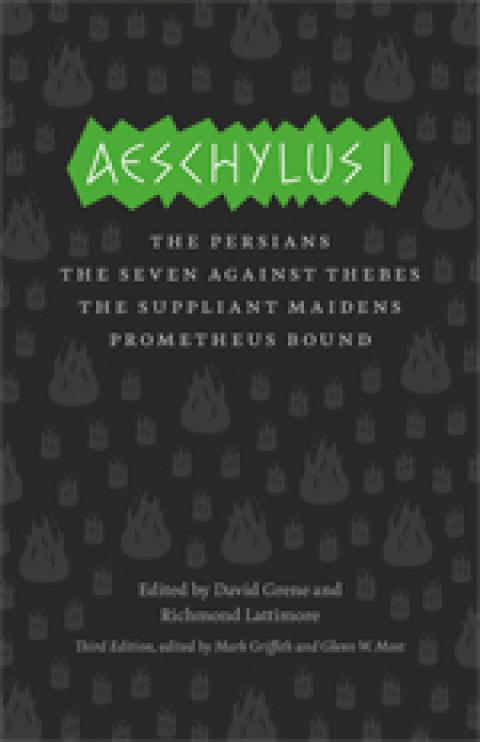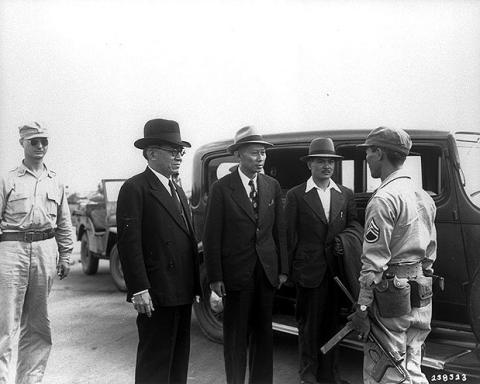An American Communist Saga
Portside

Herbert Aptheker, to introduce the man by his highest prestige, was an early scholar of African American uprisings against slavery, and in his middle years, the director and coordinator of the W.E.B. DuBois Papers, one of the great archival triumphs of US history at large. For many in the 60s, through his books and public apperances, a generation became aware of the Communist Party, U.S.A.










Spread the word